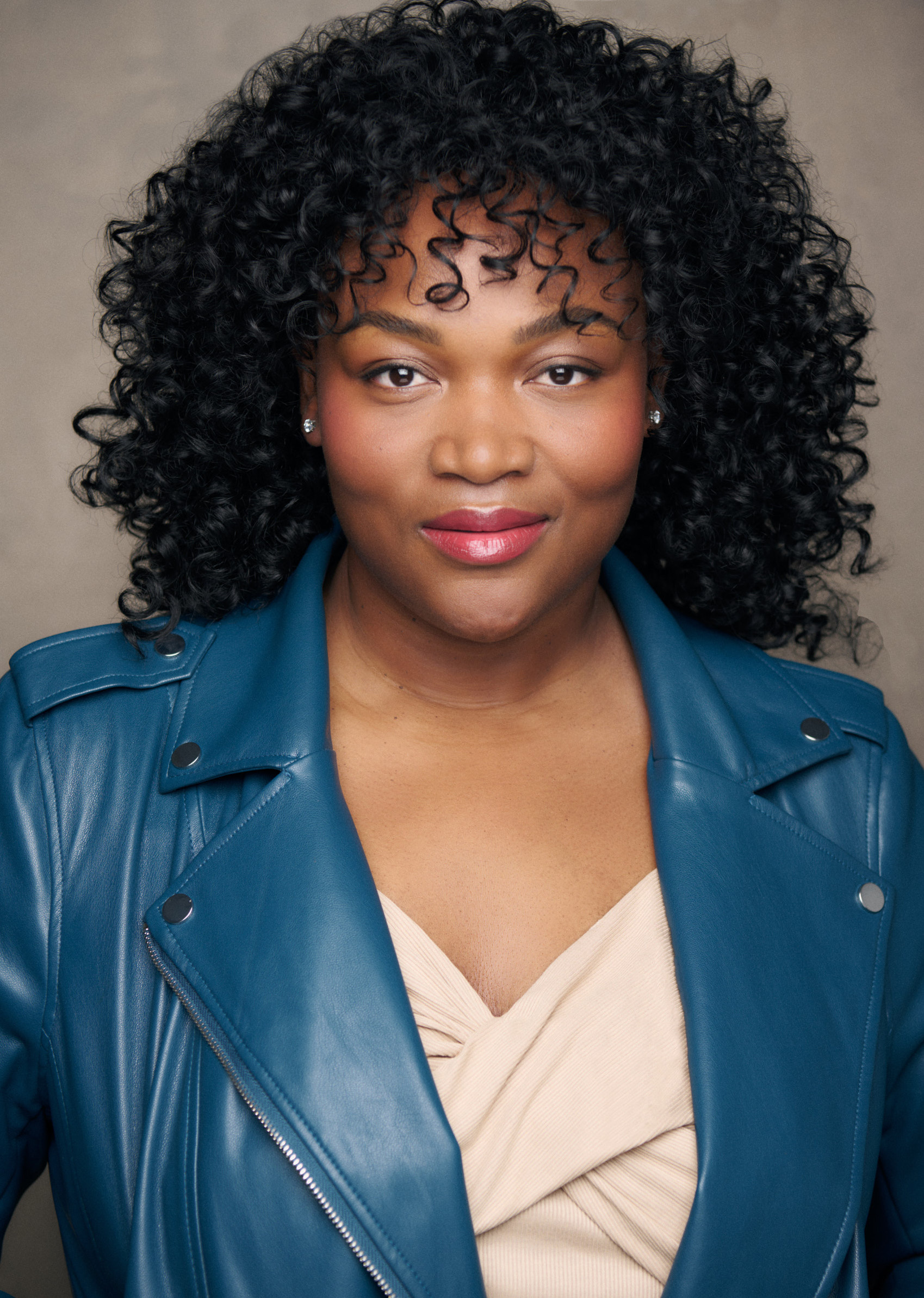The Multi-Generational Appeal of STEW: A Q&A with Director Stori Ayers

Zora Howard's stirring Stew elevates relatable family dynamics within a unique storytelling framework and marks the return of Stori Ayers to the Playhouse. First seen on the Playhouse stage as Rena in August Wilson's Jitney in 2016, Ayers returns to direct Stew. She has been making a name for herself as an up-and-coming director in the American theatre. Ayers most recently directed Signature Theatre's off-Broadway world premiere of Confederates, a time-jumping look at race and academia by Dominique Morisseau. For this production, she won an Antonyo Award for "Best Direction" (off-Broadway) and received a nomination for "Outstanding Direction" from the Drama League. She also served as the associate director of Morisseau's working-class dramedy Skeleton Crew on Broadway in 2021. This summer, she will make her Broadway debut in Home.
Assessing Howard's work, Ayers shared her insights and artistic vision.
At its core, Stew is wonderfully multi-generational. What do you perceive are the benefits of a story told from varying vantage points of age and experience?
In Stew, the women of the Tucker family are beautiful reflections of one another. So much so that, at times, they seem interchangeable. One might ask how can this be a story told from varying vantage points of age and experience? Though each character is distinct, their humor, attitudes, frustrations, and demeanors all mirror one another as if they are one. Zora Howard has taken what feels like a multi-generational story and flipped it on its head. The everyday sorrows, disappointments and hopes of three generations of women are explored as we ask ourselves what is passed down, what is repeated, what will never change and could I have done anything differently.
What surprised you the most about the script upon first reading it, and which elements of the story are you most eager to delve into and/or explore in greater detail?
I was surprised at how much is beyond the surface. The relationships and multiple storylines that are told across two different realities makes this an exciting story to dramatize. I'm eager to explore the language as the dialogue in the script is beyond familiar to me. Each of the characters' voices resonates in my soul. On a technical note, I am a very action-driven storyteller, and I love the way Zora steers clear of straightforward exposition. She's actor-friendly in her writing, delivering each of the characters' backstory through vulnerable exchanges only when necessary in pursuit of an object. She's a craftsman.
What are some of the layers within Stew that appeal the most to you?
Mama has an unspecified health issue and is preparing a stew for a very important occasion for reasons that are left for us to determine. The collision of this special occasion and Mama's health is not just appealing but at the core of what this play is about. My mother has worked in gerontology for 28 years serving a population that is often forgotten. Like my mother, I'm drawn to seniors, the particular problems that they face and the process of aging. If we're lucky enough to age we, like Mama, will be faced with undergoing what it means to get older and how we will carry the joys, trauma and history of our lives into old age. I'm eager to explore what it means for a woman of a particular age to live with grief and loss while facing the decisions she's made throughout her life.
What do you hope audiences take away from the Stew experience?
Whatever they need. My hope with all of the stories that I tell is that they touch the lives of those who witness them in whatever way they need it to. Each audience member will experience this story from their particular place in life and hopefully walk away with something that challenges them, ignites them, inspires them or simply moves them in a way that their life, way of thinking or decision-making is forever impacted.